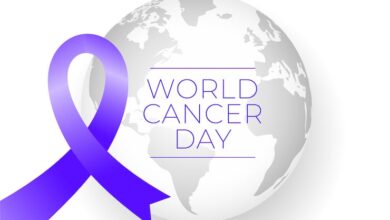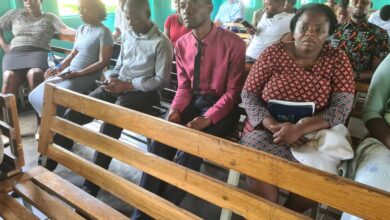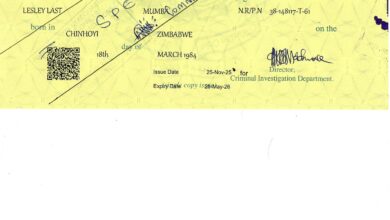Young innovator builds sign language app to champion inclusion

Buhlebenkosi Nkomo
At just 22 years old, Innocent Titus Fana is on a mission to change lives through technology. A Computer Science student at the National University of Science and Technology (NUST), Innocent is building a mobile app that could transform communication for Zimbabwe’s Deaf community — a Zimbabwe Sign Language Dictionary designed to give full digital visibility and expression to a long-overlooked language.
Living with a disability himself, Innocent knows firsthand what it means to be excluded. He says that while inclusion is often spoken about in theory, few people actually work to make it real. “I’ve had to prove myself in ways that others might not,” he says. “It also made me more aware of people who are left out, and I want to be someone who creates space for them.”
That passion is what drives his innovation. He asked a simple but powerful question: why should people have to pay to learn Zimbabwe Sign Language when other languages like Shona or English are widely available for free? Most resources available are posters or printed dictionaries, but as Innocent points out, we live in a digital world. “It made more sense to create something interactive and accessible right from a phone,” he explains.
With support from fellow students and friends from the Deaf community, some of whom he’s known since primary school, he’s developed a working prototype. “They helped with videos, images, and everything we needed. Seeing the prototype work has been the best part. It gave us hope. It proved that the full version is possible.”
The biggest challenge now is funding. Without financial support, Innocent is struggling to access the tools and technologies needed to protect and scale the app. “We need APIs, security tools, and storage but these things cost money,” he says. Still, he remains determined to launch the full app before the end of the year.
He sees this project as more than an app, it’s about dignity, access, and inclusion. “We are showing results. We are building real things. My dream is to see a Zimbabwe where people are judged by their ideas and effort, not by their looks or limitations.”
Through grit, collaboration, and a strong belief in inclusive innovation, Innocent Titus Fana is doing more than dreaming of a better Zimbabwe. He’s building it.





